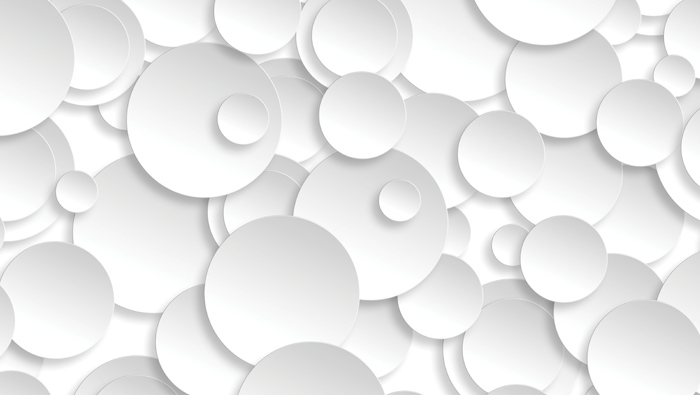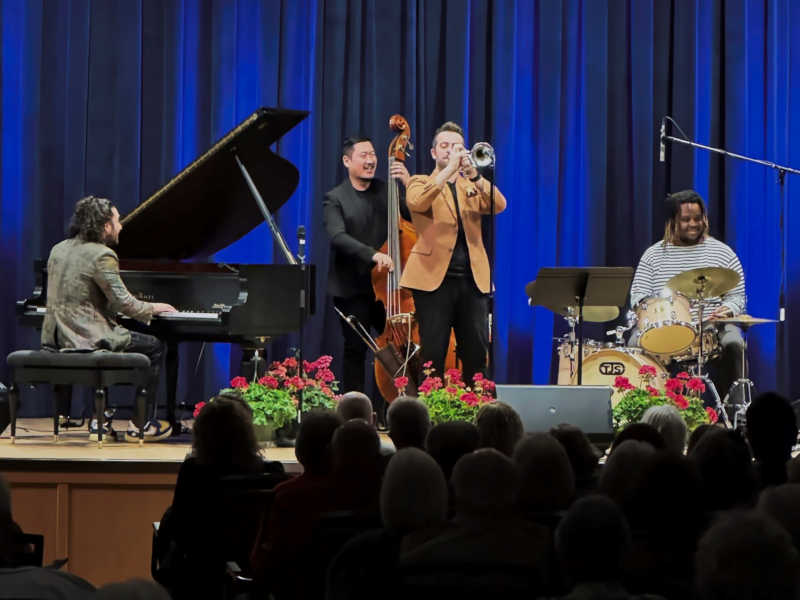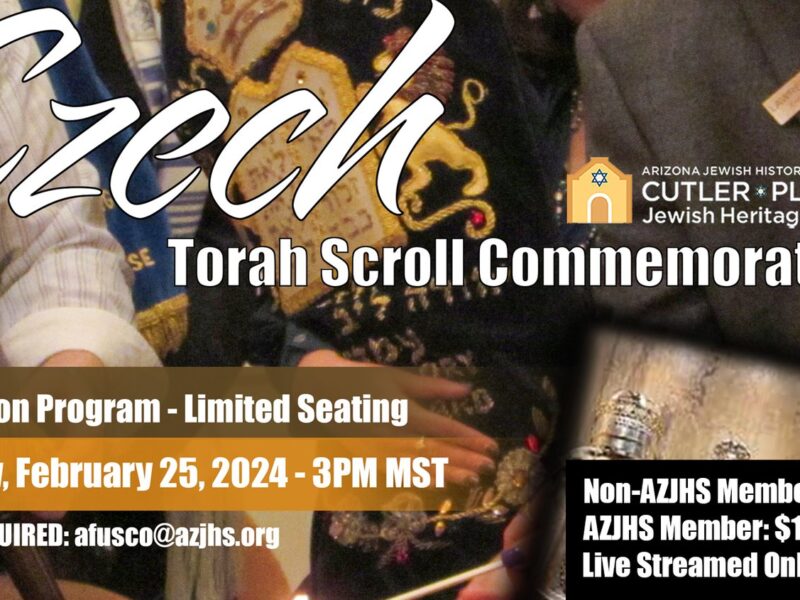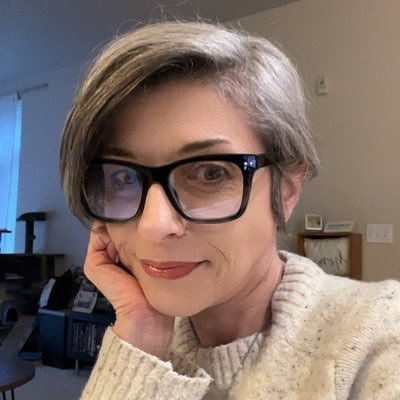“Art is a necessity, beauty we must have in the world. Painting and sculpture and music and literature are all of the same piece as civilization, which is the art of making it possible for human beings to live together.”
~ Charles W. Hawthorne, painter
Throughout history and prehistory, the arts have recorded, reflected and influenced human society.
“The greatest innovation in the history of humankind was neither the stone tool nor the steel sword, but the invention of symbolic expression by the first artists,” declares a January 2015 National Geographic article, “The First Artists.”
Humans began creating art during the prehistoric Stone Age. The oldest known examples are The Bhimbetka petroglyphs (small engraved hollows on rock), which paleontologists have dated to at least 290,000 BCE and possibly as early as 700,000 BCE.
As long ago as 40,000 years, humans were creating cave art. “Researchers were compelled to radically revise their estimates of the period when Homo sapiens first developed symbolic art and began to unleash the power of imagination,” according to “Finally, the Beauty of France’s Chauvet Cave Makes its Grand Public Debut, ” a 2015 article published in the Smithsonian.
By the time you read this, I hope to have had the privilege of viewing some of the best preserved figurative cave paintings in the world. As part of a two-week cycling adventure in France, my husband and I will be stopping at Chauvet Cave, one of the most famous prehistoric rock art sites in the world. Radiocarbon dating dates many of the paintings to 36,000 years ago.
Humans have likely been telling stories as long, or longer, than they have been painting. The earliest surviving piece, considered the first great work of literature, is the epic poem Gilgamesh. This poem dates to 2100 BCE. Another epic poem, actually two, were composed in the 8th century BCE. Homer’s Iliad and Odyssey were originally created and shared orally and were not written down until much later. The sharing of stories through theater flourished with the Greek theatrical culture in the 6th century BCE. Chaucer penned his Canterbury Tales between 1387 and 1400 CE, and Shakespeare penned his masterpieces in the 16th century.
Music has long lifted the spirits of people in impossible situations. Music written and performed in the Nazi camps served to preserve individuals’ humanity.
In the “Model Concentration Camp” Terezin (or Theresienstadt), the Jewish prisoners performed more than 1,000 concerts, including 16 performances of Verdi’s Requiem presented by conductor Rafael Schaecter. Conductor Murry Sidlin, whose multimedia concert “Defiant Requiem: Verdi at Terezin,” poignantly tells that story. “The Requiem was a way they could sing to the Nazis what they could not say to them. The point was to offer hope and courage and spiritual reassurance,” Sidlin told the Baltimore Sun.
Visual arts, literature, theater, film and other performing arts continue to play an important role in modern society.
In 1965 the U.S. Congress passed the National Foundation of the Arts and Humanities Act. The law led to the creation of the National Endowments for the Arts and for the Humanities, and “affirmed the conviction that the arts and humanities are vital to the health and glory of the republic,” wrote Arthur Schlesinger Jr. in the New York Times. He went on to quote our first president, “The arts and sciences essential to the prosperity of the state and to the ornament and happiness of human life has a primary claim to the encouragement of every lover of his country and mankind.”
George Washington’s support of the arts has been echoed by many U.S. Presidents including John Quincy Adams, Franklin D. Roosevelt and John F. Kennedy. President Barack Obama proclaimed October 2010 as National Arts and Humanities Month, noting, “Throughout history, the arts and humanities have helped men and women around the globe grapple with the most challenging questions and come to know the most basic truths. … Through powerful scenes on pages, canvases and stages, the arts have helped enable us to find our common humanity.”






